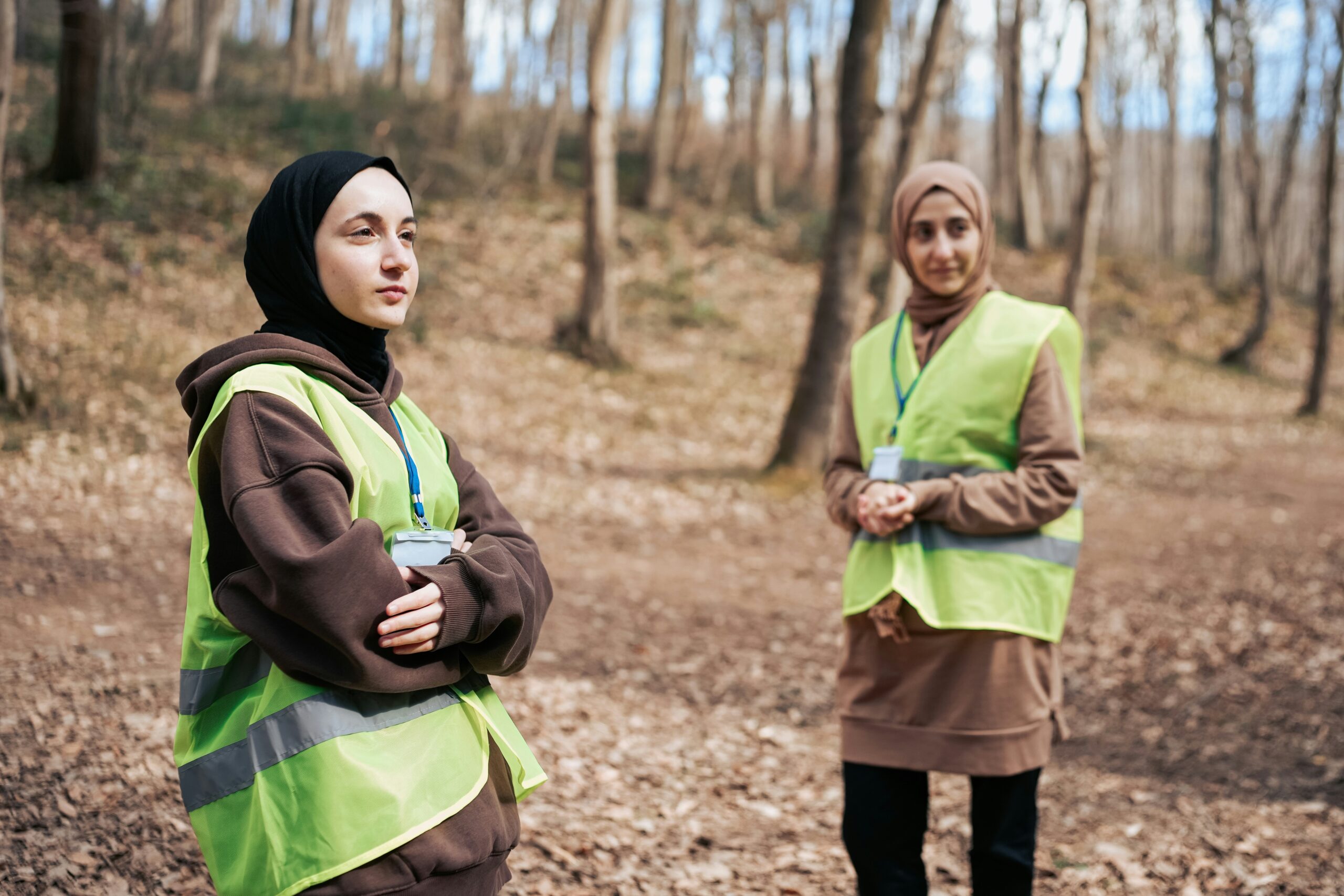
Service learning integrates community service with academic learning, fostering personal growth, civic engagement, and understanding societal issues for students and communities. In this article, we delve into the multifaceted advantages of service learning and how it enriches the educational experience for students.
Personal Development
One of the foremost benefits of service learning is its capacity to facilitate personal development. Engaging in service activities allows students to develop essential life skills such as communication, problem-solving, and teamwork in real-world settings. By interacting with diverse populations and confronting complex challenges, students gain valuable insights into their strengths, weaknesses, and areas for growth. The sense of accomplishment from positively impacting the community boosts self-esteem and empowers students to reach their potential beyond academics.
Civic Engagement
It cultivates a sense of civic responsibility and active citizenship among students. By participating in community service projects, students become more aware of social issues and the interconnectedness of communities. Students develop empathy, advocate for change, and build an inclusive society through community engagement.
Academic Enrichment
Service learning reinforces academic learning by providing practical applications of classroom concepts. Whether applying scientific principles to environmental conservation projects or using mathematical skills to analyze data for a nonprofit organization, students gain a deeper understanding of academic subjects through hands-on experiences. Moreover, fostering critical thinking and reflection prompts students to connect theoretical knowledge with real-world contexts. Integrating academic learning with community service enhances retention and comprehension, leading to a more meaningful and holistic education.
Enhanced Career Readiness
Participating in service learning experiences equips students with valuable skills and experiences that enhance their employability. Employers increasingly value candidates with demonstrated leadership, communication, and problem-solving abilities. Additionally, community service allows students to explore diverse career paths, gain practical work experience, and build professional networks. Whether through internships or volunteer opportunities, students develop transferable skills and a sense of purpose that prepares them for success in their future careers.
Community Impact
Service learning benefits students and makes a tangible difference in the communities they serve. By collaborating with local organizations and addressing community needs, students contribute to positive social change and sustainable development. Students improve community life through tutoring, organizing food drives and environmental efforts, and fostering empathy and social responsibility.
Cultivation of Empathy and Compassion
Engaging in service learning fosters empathy and compassion by exposing students to diverse perspectives and lived experiences. Students develop a deeper appreciation for diversity and a heightened empathy toward others by interacting with individuals from different backgrounds, cultures, and socioeconomic statuses. This cultivation of compassion is essential for nurturing compassionate leaders committed to addressing social inequalities and promoting human dignity. Students learn to see the world through the eyes of others and recognize their role in creating a more just and equitable society.
It offers many benefits that enrich the educational experience and foster personal growth, civic engagement, and community impact. Service learning integrates academic knowledge with real-world experiences, fostering skills, empathy, and understanding of societal issues. It also nurtures civic responsibility, empowering students as agents of change. As educators and community members, it is essential to recognize the transformative power of service learning and support initiatives that promote social responsibility and civic engagement among students.